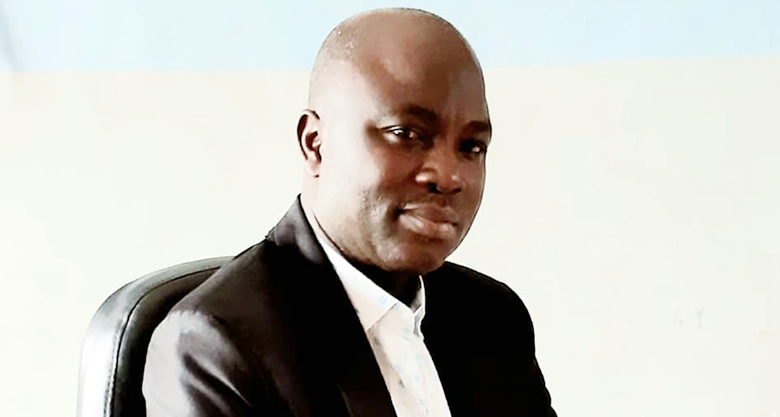
Amid the election fever in the country, some people whose ears are sensitive to bad grammar cannot help protesting the return of ‘casted’. They do not feel comfortable hearing some voters – and even some journalists – say, ‘I have casted my vote.’ It is thus not surprising that some, including media practitioners like Dr Shaibu Husseini and Olumide Iyanda, have written about it on Facebook.
As we have stressed in this class on a number of occasions, ‘cast’ is a verb that does not change form when used in the present, past or participle tense situations. In other words, it is an example of irregular verbs – those that do not accept the -d/ed inflexion. Unlike regular verbs such as accredit, queue, vote, count and announce, whose past tense forms are simply accredited, voted, counted and announced, ‘cast’ remains constant even as it expresses the different times:
I want to cast my vote now. (Correct)
I casted my vote before noon. (Wrong)
I cast my vote before noon. (Correct)
The policeman asked her if she had casted her vote. (Wrong)
The policeman asked her if she had cast her vote. (Correct)
The word, however, does not reject the -ing formation:
I am not yet casting my vote.
I was casting my vote when the thugs arrived at the polling unit.
Casted doubt?
‘Cast’ is a versatile verb that means different things as the contexts change. Note that it, however, normally remains an irregular verb. So, when you cause people to feel uncertainty about something, you cast doubt on it – not casted doubt. Here are some other examples in this regard:
Mo Abudu has cast Femi Adebayo (not casted) as the lead character of ‘Jengbetiele’.
Peter Obi was not worried at being cast as a stingy man, probably because he believes he is only prudent.
The soldier cast a stern look at the two boys.
I remember how the moon cast a bright light on the odan tree in our village.
The wicked military boys cast Abiola into a prison after winning the election.
Benin sculptures are usually beautifully cast in bronze.




